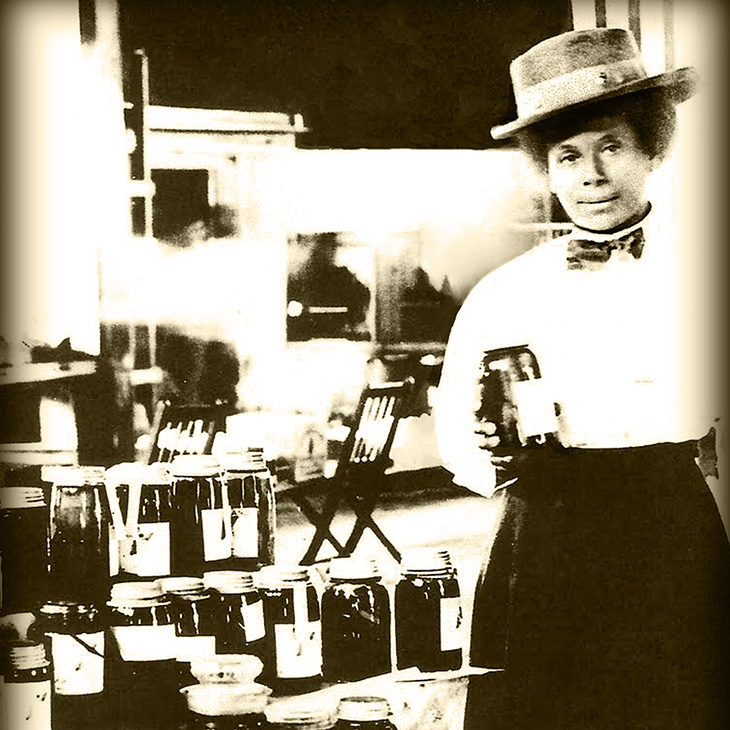
An Extension pioneer
Tuesday, February 21, 2017
Not much is known about Annie Peters Hunter, a native of Alabama who settled in Boley,
Okla., with her husband in the early 1900s. What is known, however, is pretty significant.
Peters Hunter was the first federally appointed black home-demonstration agent. More
than two full years before the Smith-Lever Act formally created the national Cooperative
Extension Service in 1914, she was putting the organization’s mission into action.
“Annie undoubtedly was a leader with vision and dedication. With being the first to
hold a newly created position comes many responsibilities, one of which is to demonstrate
the work is necessary and beneficial,” says Tanya Finchum, OSU professor and oral
history librarian. “Annie was an agent for more than 12 years, and when she vacated
the position, it was immediately filled so the work she had begun would continue.
That’s part of Annie’s legacy as an extension worker.”
Finchum worked with Jan Scholl, an associate professor at Pennsylvania State University,
to write and publish an article about Peters Hunter in the e-journal Forum for Family
and Consumer Issues.
Peters Hunter was appointed Jan. 23, 1912, as part of an effort to bolster the prosperity
of black farm families. Not too unlike today’s extension service educators, early
home-demonstration agents were charged with helping families to conserve resources,
create a little income, and safely raise and preserve food for survival from growing
season to growing season.
Primarily operating in Seminole and Okfuskee counties, she served as the only black
home-demonstration agent within a 50-mile radius.
Specific details of Peters Hunter’s extension service work are scarce. However, researchers
discovered part of her efforts included working with girls through canning clubs.
There also is strong evidence her canning instructions remained popular through the
1940s and were used in homes, churches and schools.
Finchum says the stories and contributions of early extension workers are important
to recognize today because their work helped improve the lives of many families.
“‘Helping people help themselves’ is more than a motto, it has been the way of life
for countless extension workers, and their dedication has helped lay the foundation
of our state,” she says.
by Leilana McKindra
